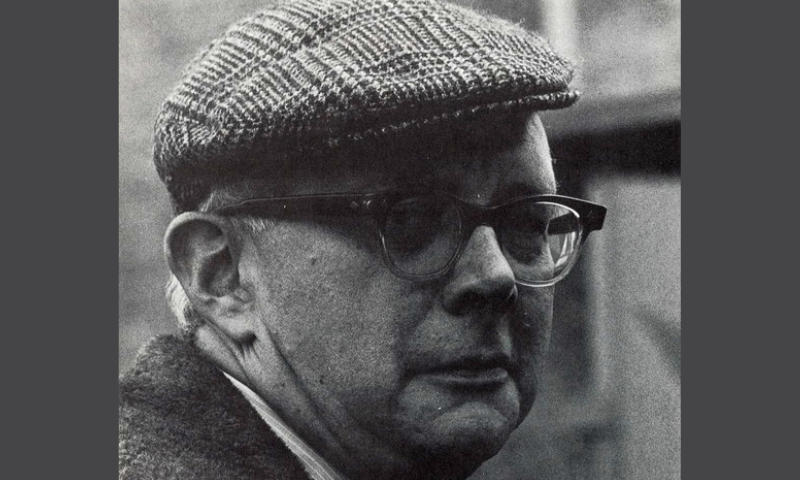Russell Jacoby
Tablet, Dec. 19, 2022
“The leftists who would have vanished as assistant professors in conferences on narratology and gender fluidity or disappeared as law professors with unreadable essays on misogynist hegemony and intersectionality have been pushed out into the larger culture.”
In 1987 I published The Last Intellectuals: American Culture in the Age of Academe which elicited heated responses. Only now do I see I got something wrong—as did my critics. Some had objected to a term I introduced, “public intellectual,” as redundant and misleading. Others rejected the main argument. I proposed a generational account of American intellectuals. For earlier American intellectuals, the university remained peripheral because it was small, underfunded, and distant from cultural life. The Edmund Wilsons and Lewis Mumfords earlier in the 20th century to the Jane Jacobs and Betty Friedans later saw themselves as writers and journalists, not professors. But I missed something, the dawning takeover of the public sphere by campus denizens and lingo.
What I called a transitional generation, the largely Jewish New York intellectuals, ended up later in their careers as professors, but usually they lacked graduate training. When Daniel Bell was appointed to the faculty of Columbia University in 1960, officials discovered that he did not have a Ph.D.—and bestowed it on him for his collection of essays (The End of Ideology). This incident indicates something of the commitment of these men—and they were men; they wrote essays for a public, not monographs or research papers for colleagues. This orientation was as true for a confrere of Bell, like Irving Howe, who also ended up as a professor without graduate training. He observed that like himself Bell did not want to write long-winded treatises; nor did they want to specialize or get pigeonholed. Or as Bell phrased it for all of them, “I specialize in generalizations.”
But the story changes for the next generation—my ’60s generation. In pose we were much more radical than previous American intellectuals. We were the leftists, Maoists, Marxists, Third Worldists, anarchists, and protesters who regularly shut down the university in the name of the war in Vietnam or free speech or racial equality. Yet for all our university bashing, unlike earlier intellectuals, we never exited the campus. We settled in. We became graduate students, assistant professors and finally—a few of us—leading figures in academic disciplines. … [To read the full article, click here]


